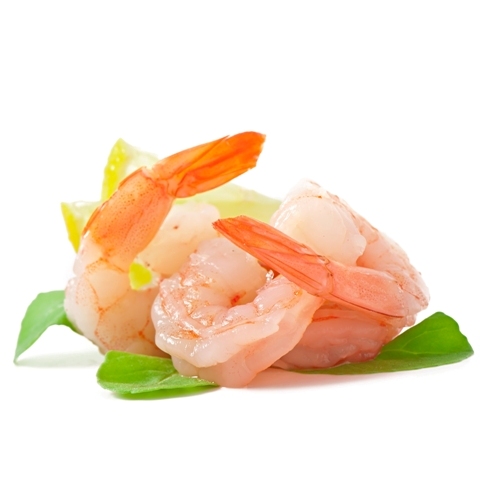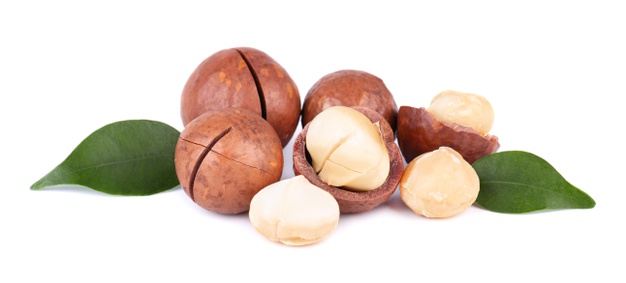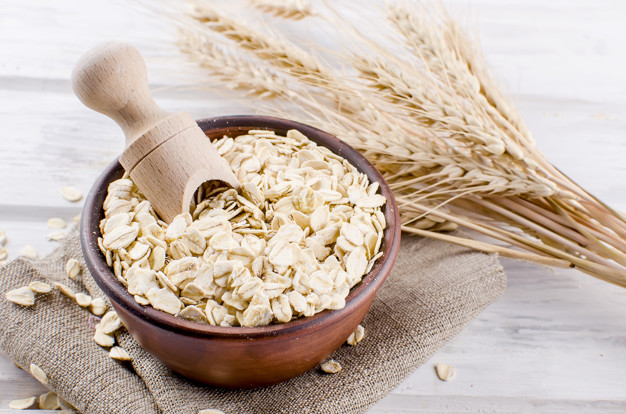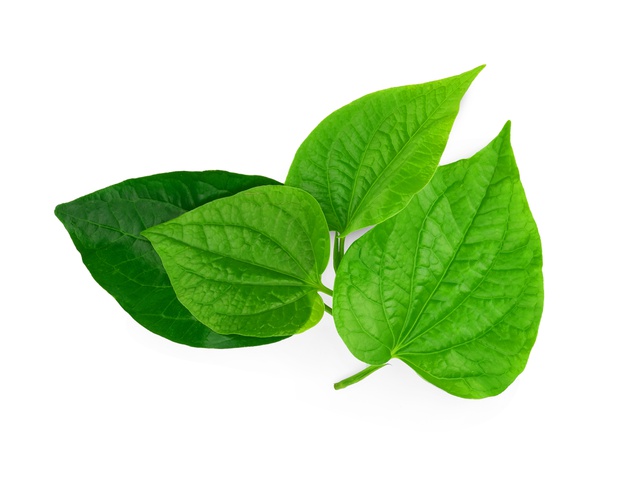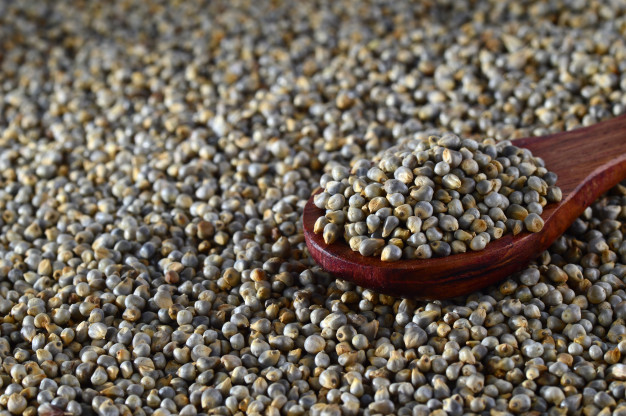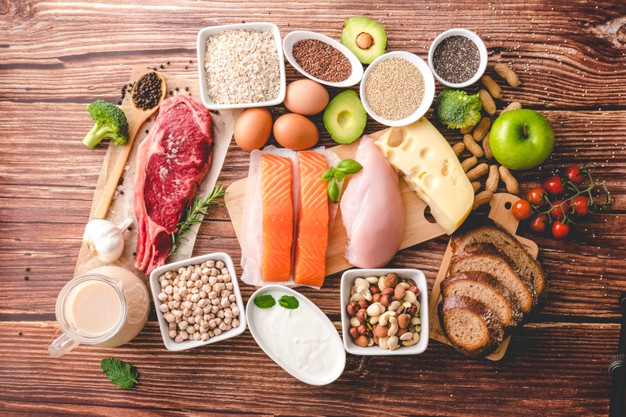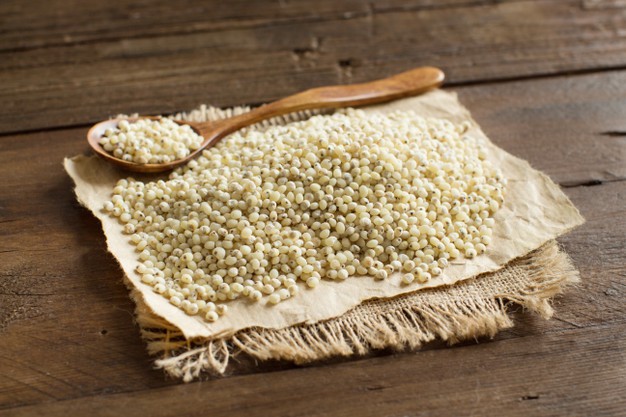Shrimp is one of the most popular shellfishes. It is extremely nutritious and has been traditionally used for various medicinal purposes.
Nutritional profile
- It contains negligible amount of carbohydrates
- It is rich in proteins and composed of various important amino acids
- It contains healthy fat as well. Especially it is rich in unsaturated fatty acid (mainly omega 3 fatty acid) but contains too some extent of saturated fat and cholesterol as well
- It is also packed with various imperative micronutrients, which include, Vitamin E, Vitamin D, Vitamin B3, B6, B12, choline, calcium, phosphorus, magnesium, manganese, sodium, potassium, selenium, zinc, copper and iron
Health benefits
Role on cardiac health
- It is composed of various cardio protective nutrients that play significant role in promoting cardiac health and also reduces the susceptibility of cardio vascular diseases
- Its omega 3 fatty acid content is responsible for decreasing cholesterol concentration of the body as a result helps in inhibiting plaque formation within blood vessels by preventing fat depositions thus decreases the prevalence of blockage and atherosclerosis, which is considered as one of the most leading causes of coronary artery diseases
- Whereas its selenium content is also accountable for reducing the susceptibility of coronary artery disease
- Fermented shrimp paste has been traditionally used as an imperative remedial action for cardiovascular diseases as well. It contains an important fibrinolytic enzyme, which is responsible for breaking up hazardous blood clots within blood vessels thus it is widely used for thrombolytic therapy
- Zinc present in shrimp helps to reduce the prevalence of myocardial infarction as it is closely related with preventing the damages of myocardium
- Its consumption significantly lowers the risk of heart attacks and strokes


Role on skeletal health
- Consumption of shrimp is very beneficial for maintaining a healthy skeletal system as it contains significant amount of calcium, phosphorus and Vitamin D, all of which are extremely important for healthy bone formation
- Its calcium and phosphorus components play vital role in mineralising the bone as a result help in increasing bone mineral density as well as bone mass, which ultimately help in strengthening the skeletal system
- Proteins present in shrimp are also related with fighting against bone degeneration
- It is extremely effective for decreasing the prevalence of bone fractures and osteoporosis
Role on eye
- It is very useful for improving overall eye health because it contains various nutrients that help to provide proper nourishment to the eye. Among all of these nutrients astaxanthin is considered as one of the most vital nutrients for eye
- Astaxanthin plays vita role in relieving eye fatigue thus its consumption is thought to be very effective for those individual who utilize computers for long period of time in their professional lives or personal lives
- Its free radical scavenging activity is responsible for protecting the eye especially the retina from free radical induced oxidative damages, which ultimately help in reducing the susceptibility of developing eye disorders
- It helps to protect the eye from sun damages as well
- It is also associated with improving vision
- It helps in treating age related macular degeneration too

Role on weight management
- Its high protein content and low calorific value makes it an ideal food for weight reduction
- As it does not provide too much calories on its oxidation thus it can be easily incorporated in the diet without the fear of gaining weight
- Its high protein content is also responsible for delaying stomach empting, which helps to provide a feeling of fullness that subsequently decreases over consumption and makes weight reduction relatively easier
- Zinc is another important component of shrimp aids in weight reduction. Zinc is responsible for increasing the level of leptin within body, which is accountable for regulating appetite, fat storage and overall energy uses
- Consumption of shrimp is also very effective for maintaining a healthy body weight and a lean body mass
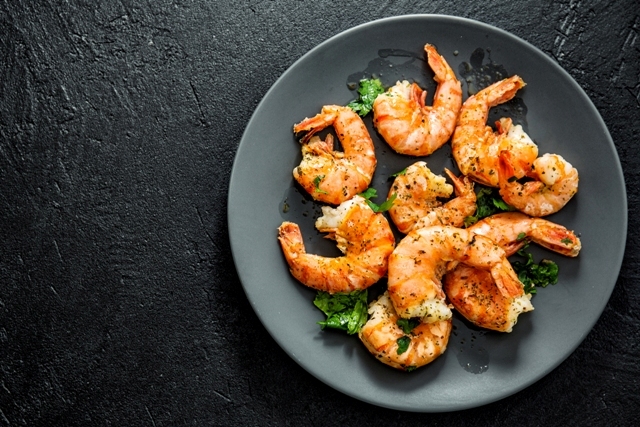
Role on brain
- Its consumption is really very effective for improving overall brain health because it contains numerous nutrients the give the nervous system a boost
- Protein present in shrimp is considered as one of the most important nutrients that helps in the growth and development of brain
- Shrimp is loaded with antioxidant thus its consumption is closely related with protecting every nerve cell from free radical induced oxidative damages as a result helps in sustaining their activity
- It also exerts anti-inflammatory activity, which is responsible for slowing down the progression of neuro-inflammatory events within body that ultimately helps to reduce the risk of developing neurological disorders
- Zinc present in shrimp helps in synaptic transmission as well
- Vitamin B6 content of shrimp is responsible for promoting brain activity
- Vitamin B12 is also responsible for preventing brain atrophy, which is characterised by loses of neurone within brain
- Iodine is another important nutrient found in shrimp that helps in synthesising thyroid hormones, which are essentially required by the body for the development of brain especially during pregnancy and infancy
- Its iron component helps in promoting blood circulation as a result aids in enhancing oxygen flow to the brain, which is responsible for improving memory, comprehension as well as concentration
- Its astaxanthin component is also responsible for improving memory performance and helps to promote the survival of brain cells too

Role on skin
- Incorporation of shrimp in diet is considered as a healthy choice for improving overall skin health because shrimp contains numerous nutrients that not only help in nourishing the skin but also help to provide the skin a radiant glow
- It plays significant role in synthesising new skin cells
- It is also associated with protecting skin from free radical induced oxidative damages, thus helps in decreasing the risk of developing dermal disorders and helps in decreasing premature aging too
- It helps to protect the skin from the harmful effects of UV radiation as well
- Astaxanthin of shrimp is also responsible for decreasing the prevalence of sun burn

Role on hair
- Consumption of shrimp is very useful for improving overall hair health
- Its protein and micronutrient components are responsible for nourishing the scalp and stimulate hair growth
- Zinc present in shrimp plays significant role in preventing hair loss
- Its iron content is responsible for enhancing circulation, which helps to supply sufficient blood to the scalp that also plays significant role in promoting hair growth
Therapeutic uses
It has been extensively used for various therapeutic purposes, like –
- It is used for preventing cellular damages. It contains several nutrients that act as antioxidants and help to protect every cell from oxidative damages
- It helps to improve immunological responses as well
- It also helps to prevent anemia
- It can be included in the diet of diabetic patients as well due to its low glycemic index
- It helps to improve muscular growth too
- It is also associated with reducing the prevalence of carcinoma

Risk factors
Its high sodium and cholesterol content may increase the risk of developing hypertension as well as hypercholesterolemia thus it is better to consume it as per recommendation. It may also develop allergy in some individual.
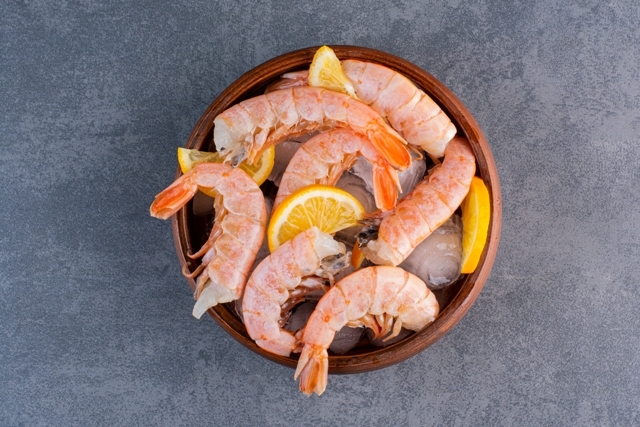
Source:
Domingo, J.L., Bocio, A., Falcó, G. and Llobet, J.M., 2007. Benefits and risks of fish consumption: Part I. A quantitative analysis of the intake of omega-3 fatty acids and chemical contaminants. Toxicology, 230(2-3), pp.219-226.
Jeejeebhoy, K.N., 2008. Benefits and risks of a fish diet—should we be eating more or less?. Nature Clinical Practice Gastroenterology & Hepatology, 5(4), pp.178-179.
Smith, K.L. and Guentzel, J.L., 2010. Mercury concentrations and omega-3 fatty acids in fish and shrimp: preferential consumption for maximum health benefits. Marine pollution bulletin, 60(9), pp.1615-1618.
Tran, N., Le Cao, Q., Shikuku, K.M., Phan, T.P. and Banks, L.K., 2020. Profitability and perceived resilience benefits of integrated shrimp-tilapia-seaweed aquaculture in North Central Coast, Vietnam. Marine Policy, 120, p.104153.
Zhou, L., Li, H., Qin, J.G., Wang, X., Chen, L., Xu, C. and Li, E., 2020. Dietary prebiotic inulin benefits on growth performance, antioxidant capacity, immune response and intestinal microbiota in Pacific white shrimp (Litopenaeus vannamei) at low salinity. Aquaculture, 518, p.734847.
